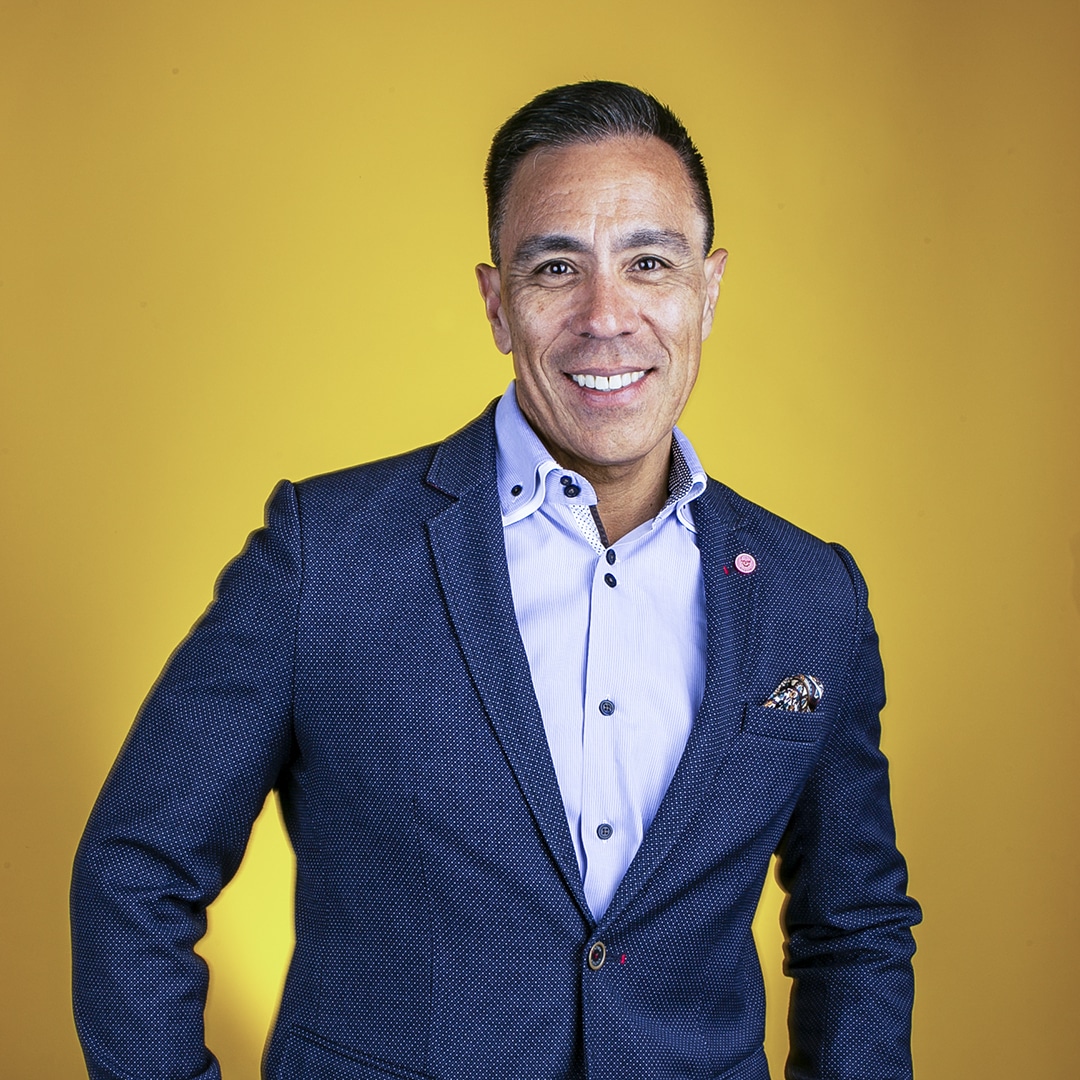|
Getting your Trinity Audio player ready...
|
“When you’re young, you think being a leader means telling people what to do. Absolutely not. Being a leader means inspiring people to do the best job they can and making sure that they’re empowered to do it.”
In one paragraph, this is Carolina de Onis. Throughout her career, she has been a catalyst for change, a sponge for diverse perspectives, and an advocate for humanity. As the daughter of a Mexican American mother and a Spanish father, de Onis was born with an appetence to serve the people who comprise the melting pot of America. To satisfy this yearning, she turned to law.
Her Story
From the start of her career at Davis Polk & Wardwell, LLP in New York City, she realized that law involved so much more than an analytical brain and a knack for problem solving. It was about developing trust among her clients and figuring out how to help in creative, customizable ways. To de Onis, this personalization is the key difference between thinking like a lawyer and acting like one.
“To practice law, you need to actually do it,” she says. “Coming out of law school, no one is really prepared to be a lawyer. The biggest lesson I learned was that relationships are just as important—or maybe even more important—than what you know. What we have is our integrity and the trust of our clients, and if you don’t have that, you won’t be effective. You have to put time into getting to know the people you’re working for, building those relationships, and making sure that they like working with you and want to work with you again.”
De Onis recognizes her time in New York City—first at Davis Polk and later at Barclays—as her most important form of education. Her early career took her to different Latin American countries, where she represented American companies in litigation cases. It taught her how to meet and execute a “high level of professionalism,” as she puts it, in all aspects of her practice. It placed her in the middle of the financial crisis of 2008 and allowed her to witness and learn from the hardships faced by thousands of Americans. Ultimately, it taught her how to work with people, and how to take their hardships into her own hands to ease their burden. But, equipped with these lessons, de Onis realized that while she was in charge of solving everyone else’s obstacles, she had to acknowledge her own, too.
After fifteen years on Wall Street—and now with two children to consider—de Onis decided to reevaluate her trajectory and move back to her hometown: Austin, Texas. With a chance to start over, de Onis wanted to take time deciding the new angle of her career. She wanted to transfer everything she learned in her fruitful years in New York into a career that strove to serve others in the same capacity she possessed. After taking a year off to reground herself in her career and personal life, she discovered that the Teacher Retirement System of Texas (TRS) needed a general counsel. Finally, this was the position she had been waiting for.
“I wanted to be able to use my experience on Wall Street somehow, but I also wanted to make an impact, create a legacy, give back to my community,” she says. “The teachers of Texas are such a deserving population. The opportunity to work on behalf of a group of people who give so much to our community is extremely fulfilling. And as a daughter of two teachers, it is particularly gratifying.”
De Onis remembers when her parents “relied on pensions just to live.” Her close-knit relationship with them allows her to empathize with TRS’s goal to counsel teachers on their retirement and invest in the future of its members by paying out annuity checks. In other words, equipping teachers with the resources needed to retire comfortably.
Her Leadership Philosophy
Since starting at TRS six years ago, de Onis has stitched her philosophy of fostering what she calls a “servant’s heart” deep into the organization’s fabric. She has reorganized the company’s mentality to prioritize its clients, promote diversity, and develop creative solutions to problems rather than saying “no.”
This reorganization required a three-part process. First, “re-orienting the department around excellent expertise,” de Onis explains—which meant “putting the right people in the right job, who know their area very well and can be counted on to provide excellent, consistent, and practical legal advice to their clients.”
Secondly, maintaining “relentless focus on the client,” she says. This entails aligning the legal agenda with the client’s agenda and working to fulfill the missions of both businesses.
Lastly, becoming the client’s partner. To de Onis, this means lawyers provide consistently excellent and responsive legal advice and embrace the role of a lawyer not just as a person from whom clients seek legal advice, but as a counselor who helps clients achieve their goals.
Her Impact
Instilling these techniques in her team has bolstered the success of TRS’s infrastructure. Now, internal investment-management committees have involved de Onis to bring new legal and compliance perspectives to their day-to-day business. These committee meetings give the legal team a seat at the table to ensure that the company is taking all angles into consideration as it moves forward with its work. To de Onis, law contains “many shades of gray,” implying that the field embodies a spectrum of approaches to problem solving, all of which deserve to be evaluated. Thus, uniting all departments of TRS only broadens this spectrum, introducing alternative perspectives that work to solve problems holistically.
In addition to cross-departmental involvement, de Onis realizes that these perspectives cannot just stem from one brain. Her team-building strategy centers on celebrating diversity and inclusion, which is not “the sort of thing to happen by accident.” Introducing myriad viewpoints, experiences, and skill sets into her work has instilled a more progressive environment for TRS as a whole—and de Onis does not go a day without expressing her gratitude and appreciation for her team.
“Ultimately, it’s about respect,” she says. “It’s respecting people’s differences, respecting people’s identities. It’s about listening, it’s about compassion and empathy, and having a workplace where differences are celebrated, not just tolerated, and where different points of view are listened to and people feel heard.”
De Onis’s emphasis on helping others through her work starts with her team and transfers to her clients. Her instinct to guide people through their trials has granted TRS an improved culture centering on innovation, recognition, and empowerment. Her success is not measured by title or grandeur, but rather by her clients’ eagerness to seek her advice. Achieving this level of trust requires the determination to do so—and, as she puts it, “a culture of ethical behavior” to support it.
As a driver for continuous change within her work, de Onis describes practicing law as a never-ending process: “You’re either all in or all out.” Undoubtedly, she has moved through her practice with a Velcro mind, affixing to it the greatest lessons learned during her upbringing, studies, tenure, and motherhood, and using them to move through her current world to grant teachers—the people who started her entire journey—the future they deserve.
RELATED LINKS

